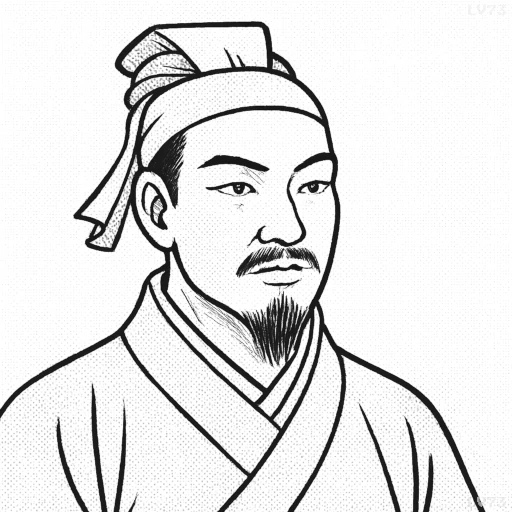“There has never been a protracted war from which a country has benefited.”

- 544 BC-496 BC
- Born in China
- Military strategist, military strategist
table of contents
Quote
“There has never been a protracted war from which a country has benefited.”
Explanation
In this quote, Sun Tzu warns that extended conflicts inevitably drain a nation’s resources, weaken its military, and destabilize its economy, leading to long-term negative consequences. Protracted war, by definition, is a conflict that stretches on far longer than anticipated, consuming both human and material resources. Sun Tzu suggests that no nation has ever emerged stronger after enduring a prolonged war, because the costs of war—whether in terms of lives, finances, or social cohesion—far outweigh any potential gains. The longer a war continues, the more unsustainable it becomes, both for the people involved and for the leadership. Victory is often hollow after such an extended struggle, with the winner suffering severe losses that can leave them weakened, destabilized, or vulnerable to future threats.
This concept is highly applicable in modern geopolitics, business, and international relations. In business, companies that engage in prolonged price wars or hostile takeovers can find themselves severely weakened by the time they “win,” with market share eroded, brand reputation damaged, and resources depleted. Similarly, in politics, nations that engage in prolonged conflicts, whether military or ideological, often find themselves facing economic collapse or political instability, as seen in the cases of Vietnam and Afghanistan, where protracted wars led to devastating outcomes for the nations involved. In the world of sports, long seasons or tournaments can see teams wear themselves out to the point where their performance deteriorates, leading to physical exhaustion and injuries that prevent them from capitalizing on early victories.
Historically, the principle of the dangers of protracted war has been observed in numerous conflicts. The Napoleonic Wars, for example, while initially successful for France, drained the country’s resources and manpower, leading to Napoleon’s downfall. Similarly, the Vietnam War left the United States politically and economically exhausted, despite its superior military capabilities. In the Russian invasion of Afghanistan, the USSR became bogged down in a protracted conflict that not only drained its military and economic resources but also contributed to the eventual collapse of the Soviet Union. These examples demonstrate that protracted wars, regardless of the initial strategic advantages, often lead to irreparable damage for the nation engaged in them. Sun Tzu’s warning remains relevant today as a reminder that short, decisive conflicts are far more beneficial than drawn-out struggles, which ultimately bring more harm than good.
Would you like to share your impressions or related stories about this quote in the comments section?


